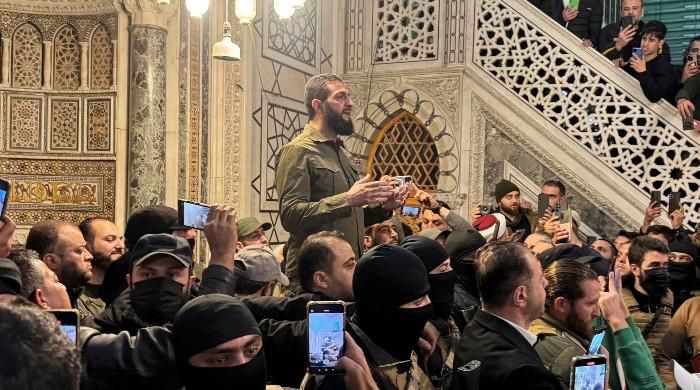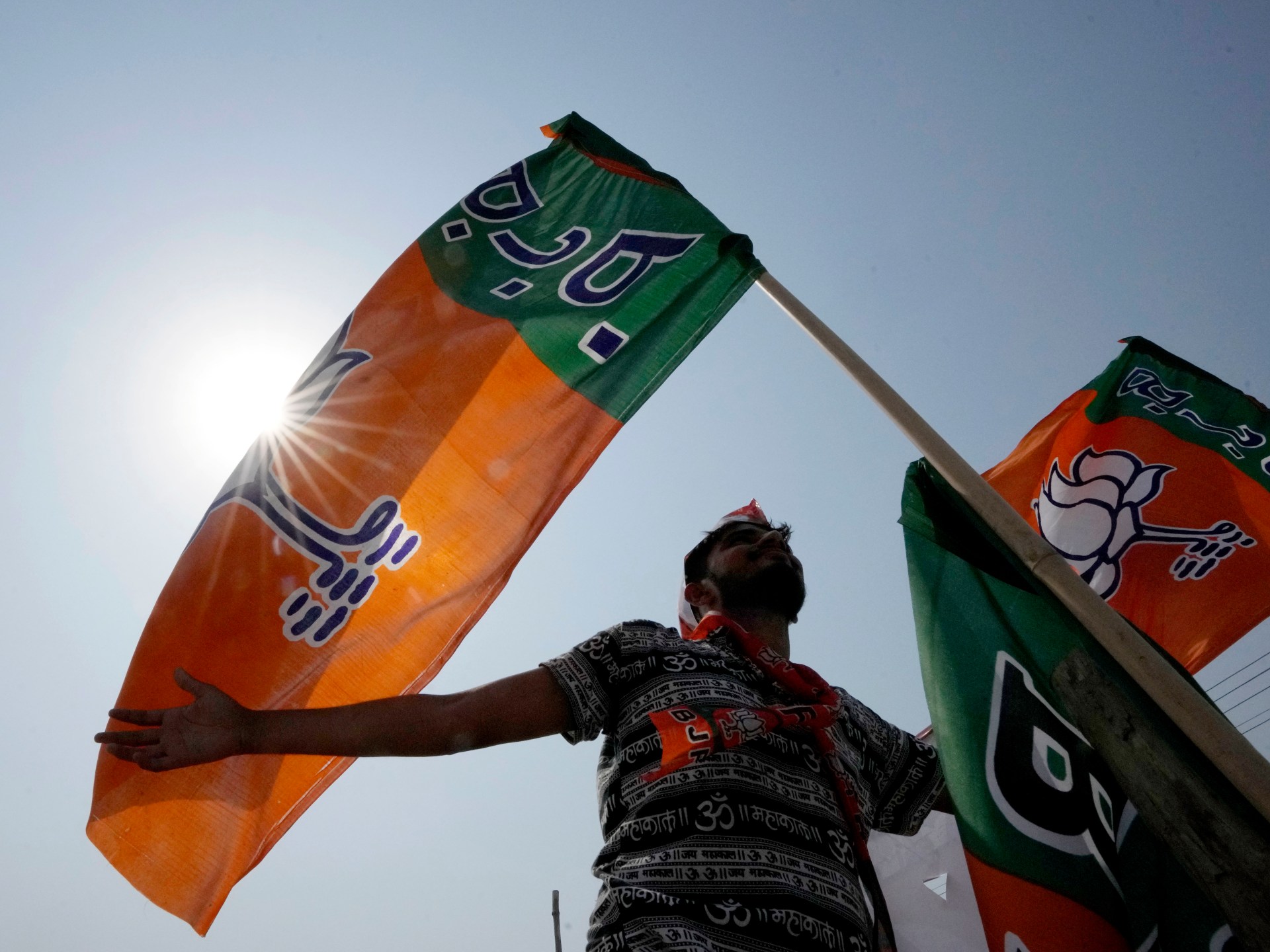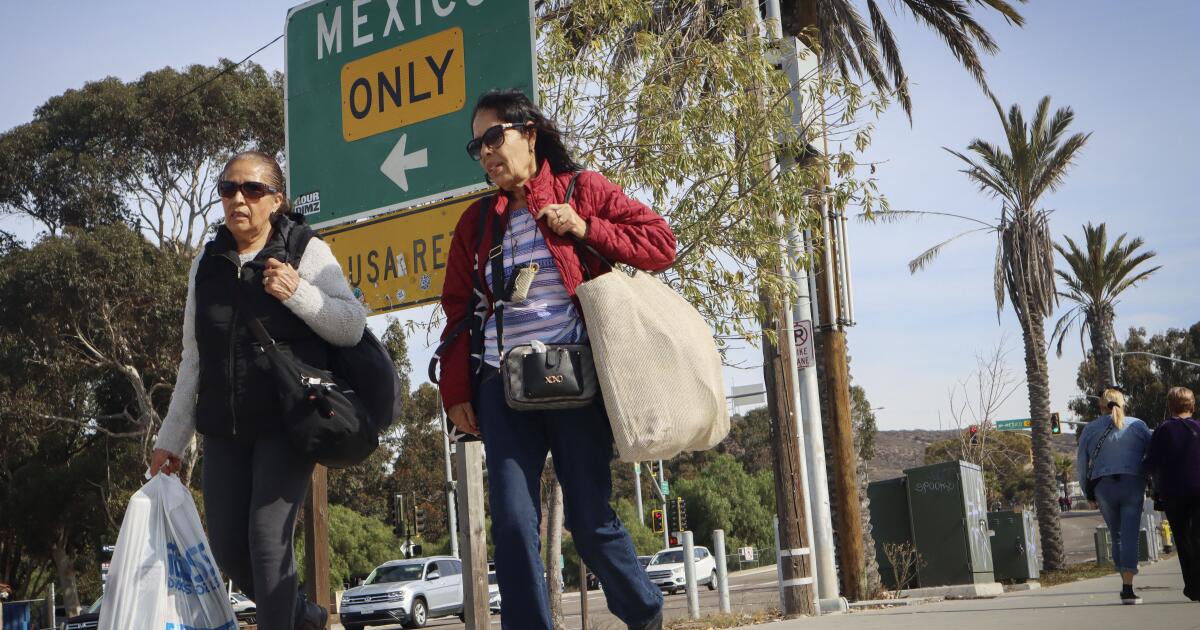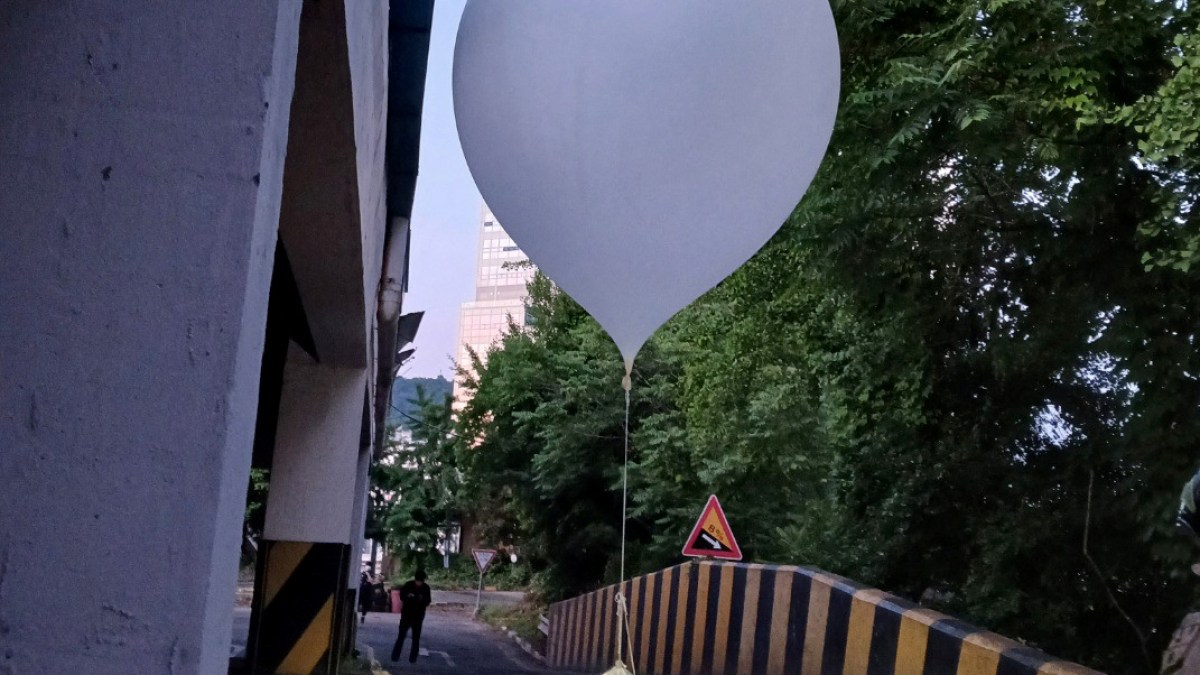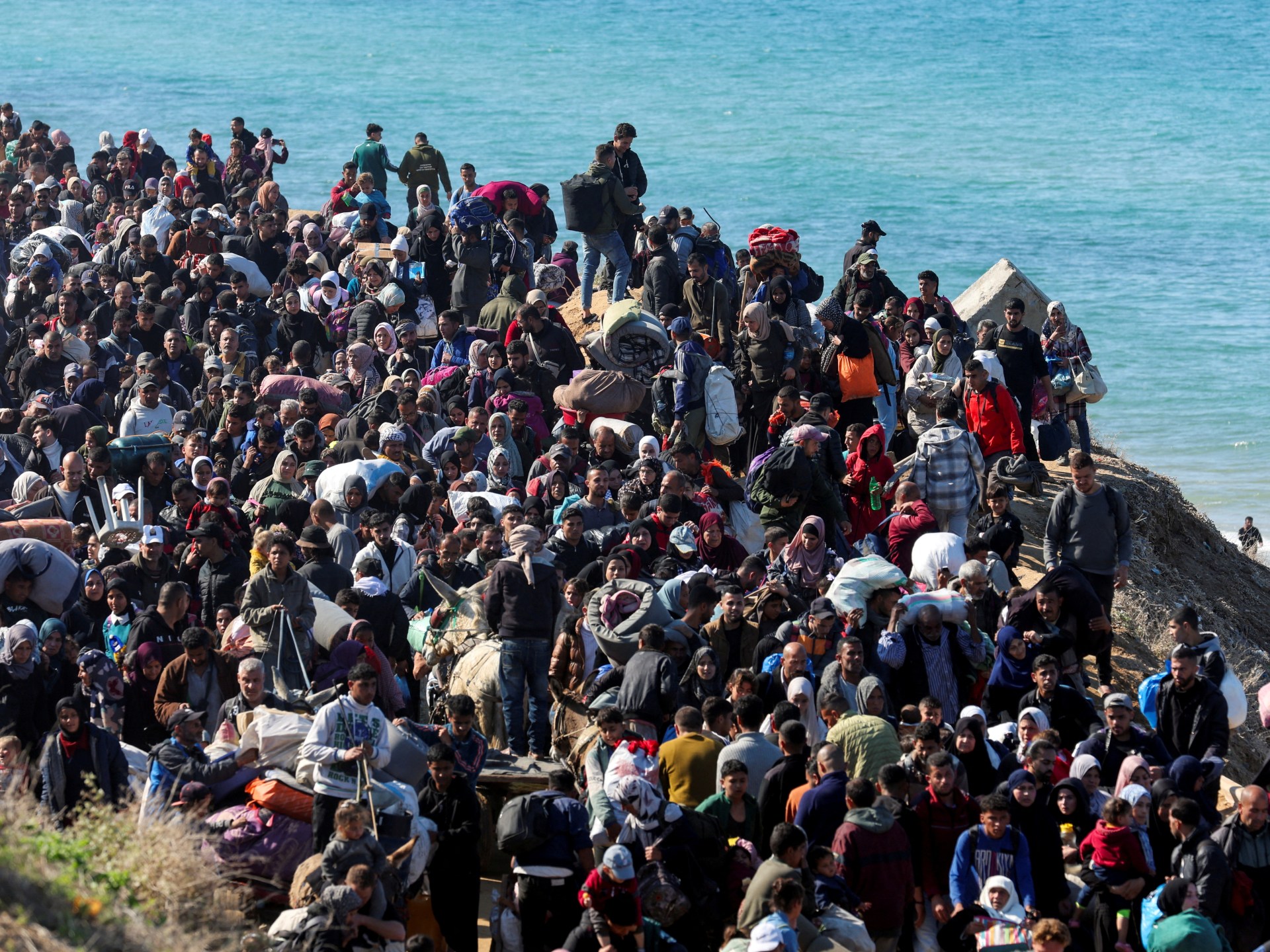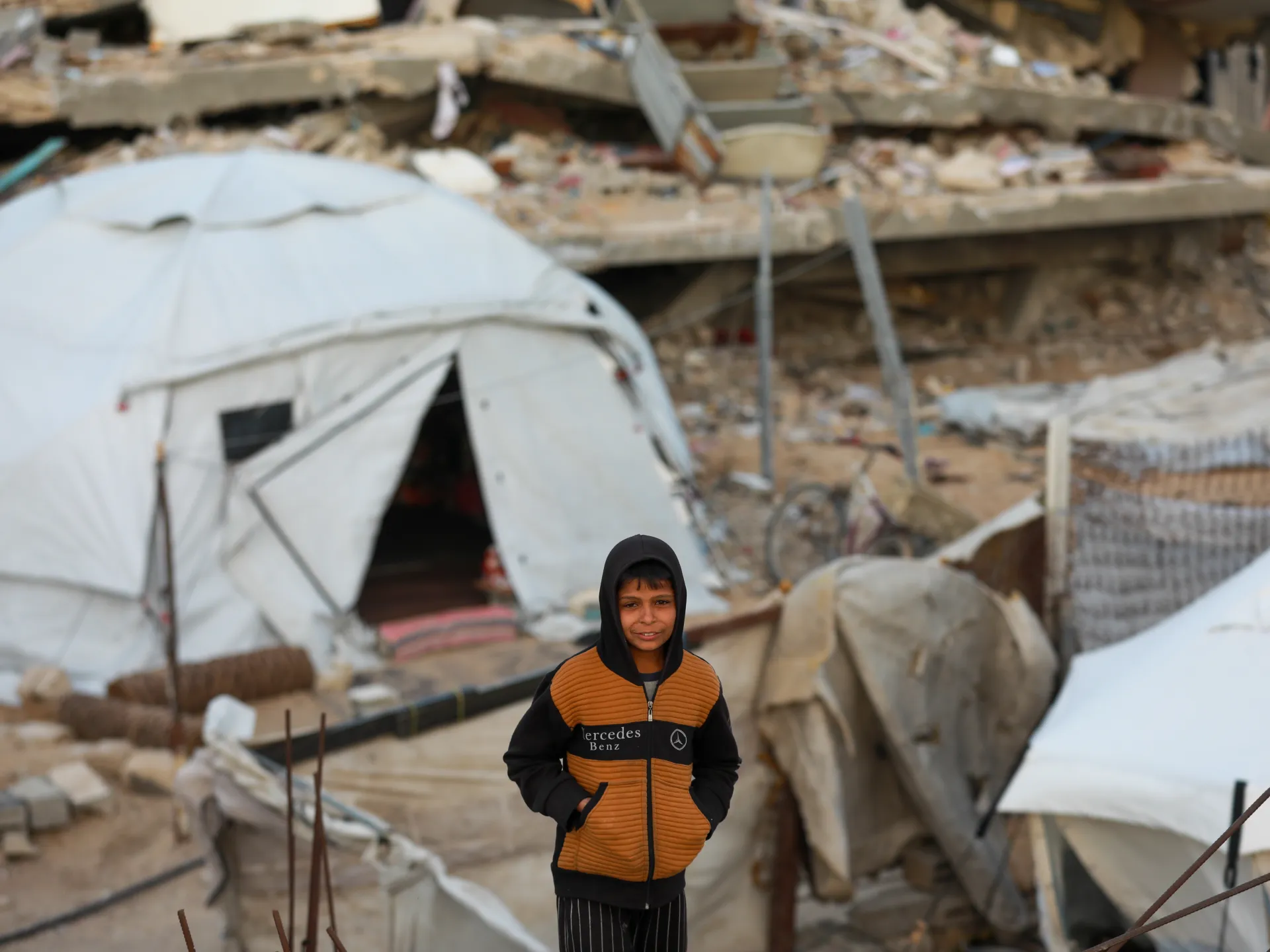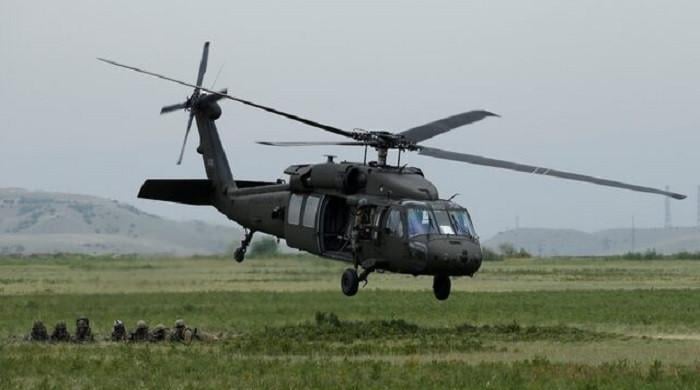- Sharaa must balance the victims' demands for justice.
- Those who tortured, killed the detainees to hunt them down: Sharaa.
- “From a financial point of view we are very bad,” says interim ruler Bashir.
DAMASCUS: The top commander of the fighters who toppled Bashar al-Assad said Wednesday he would disband the former regime's security forces, close its prisons and pursue anyone involved in the torture or killing of detainees.
Syrian rebel leader Ahmad al-Sharaa, better known as Abu Mohammed al-Golani, said in a statement to Reuters “He will dissolve the security forces of the previous regime and close the famous prisons.”
Syria ruled one of the most oppressive police states in the Middle East during five decades of Assad family rule. Sharaa, whose former al-Qaeda affiliate Hayat Tahrir al-Sham (HTS) is now the most powerful force in the country, must balance victims' demands for justice with the need to prevent violent reprisals and secure international aid.
Syrians have flocked to the infamous prisons where the Assad regime is estimated to have held tens of thousands of detainees, desperately searching for their loved ones. Some have been freed alive, others were identified among the dead and thousands more have not yet been found.
Sharaa said in a separate statement on Syrian state television's Telegram channel that people who participated in the torture or killing of detainees would be prosecuted and that pardons were out of the question.
“We will pursue them in Syria and call on countries to hand over those who fled so that we can achieve justice,” Sharaa said.
The world is watching closely to see whether Syria's new rulers can stabilize the country and avoid unleashing violent revenge after a 13-year civil war fought along sectarian and ethnic lines.
Since Assad's fall, Hayat al-Turki, 27, has been searching the abandoned cells of Syria's most famous prison, the vast Sednaya complex, for any sign of her missing relatives, including her brother, who disappeared long ago. 14 years old.
“I was hopeful and optimistic that I would find one of my missing prisoners – a brother, an uncle or a cousin – but I didn't find them… I searched the entire prison,” he said.
Mohammad al-Bashir, the man appointed by Sharaa fighters to lead an interim administration until March, said his goal was to bring back millions of refugees, create unity and provide basic services.
But the new administration is short on resources, he told the Italian newspaper Il Corriere della Sera.
“We have no foreign currency and in terms of loans and bonds we are still collecting data. So yes, financially we are very bad,” said Bashir, who previously led a small rebel-led administration in an area of northwestern Syria.
Rebuilding Syria is a colossal task after the civil war that killed hundreds of thousands of people, reduced cities to ruins and left the economy devastated by international sanctions. Millions of refugees still live in camps after one of the largest displacements in modern times.
Engage with caution
Foreign officials are cautiously engaging with the former rebels, although HTS remains considered a terrorist organization by Washington, the United Nations, the EU and others.
The new government must “maintain clear commitments to fully respect the rights of minorities, facilitate the flow of humanitarian assistance to all those in need, prevent Syria from being used as a base for terrorism or posing a threat to its neighbors,” said the Secretary of State of the United States. Antony Blinken said.
US Deputy National Security Adviser Jon Finer told Reuters that Washington remains cautious.
“We've seen over the years a lot of militant groups that have… promised that they would govern in an inclusive way, and then we see them not living up to those promises,” State Department spokesman Matthew Miller said.
In addition to terrorism bans in place against former rebels, Syria also remains under US, European and other financial sanctions imposed against Damascus during Assad's rule.
Two senior US congressmen, a Republican and a Democrat, wrote a letter asking Washington to lift some sanctions. The toughest US wartime sanctions are due to be renewed this month, and former rebels have told Reuters they are in contact with Washington to consider a possible easing of them.
Spanish Foreign Minister José Luis Albares said at the Reuters NEXT conference on Wednesday that he hoped the UN and the European Union would discuss easing sanctions and removing HTS from lists of terrorist organisations.
The international community must quickly demand that rebel forces transform into a political movement and respect human rights, he added.
“We have to act very quickly because in a month, probably, decisions will have already been made in Damascus and we will not be able to have the impact that we can have today,” said Albares.
As US President Joe Biden's administration enters its final weeks in office, Blinken and US national security adviser Jake Sullivan headed to the Middle East on Wednesday to work on a ceasefire in Gaza and help ensure a smooth transition in Syria, US officials said. Their separate itineraries include stops in Jordan, Türkiye, Israel, Qatar and Egypt.
For refugees, the prospect of returning home has brought a mix of joy and pain over the hardships in exile. Syrians lined up at the Turkish border on Wednesday to return home, speaking of their hopes for a better life after what for many was a decade of hardship in Türkiye.
“We have no one here. We will return to Latakia, where we have family,” Mustafa said as he prepared to enter Syria with his wife and three children at the Cilvegozu border gate in southern Turkey. Dozens more Syrians were waiting to cross.

